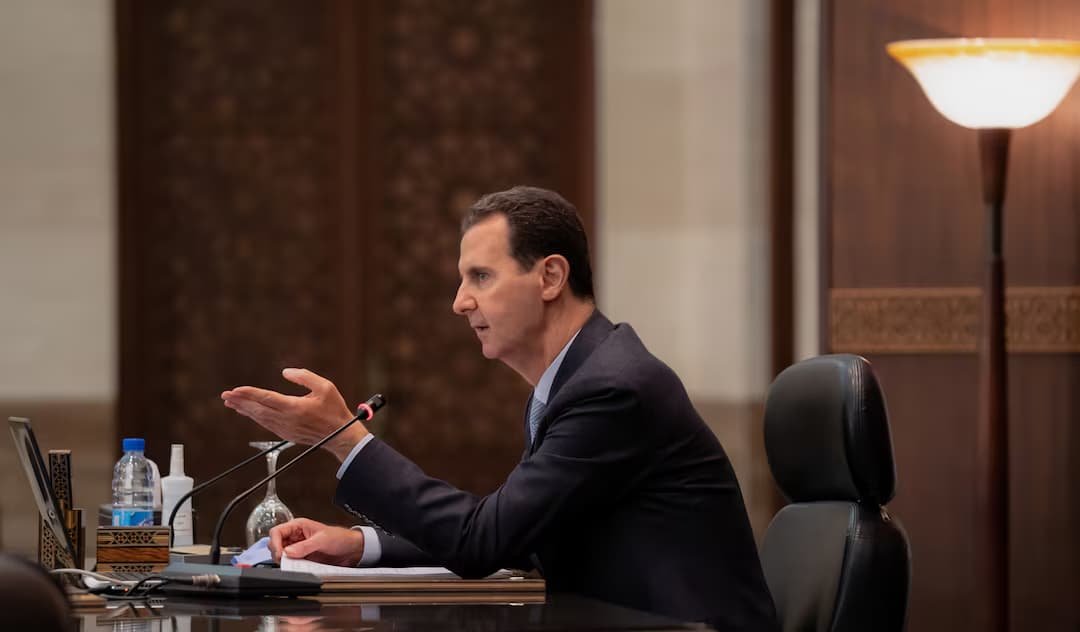France has taken a decisive legal step by issuing European arrest warrants for Bashar al-Assad and six other senior former Syrian officials over their alleged roles in the 2012 bombing of an informal press centre in Homs that killed prominent journalists Marie Colvin (American) and Rémi Ochlik (French), and injured others including a translator, as reported by human rights groups.
French investigating judges formally issued the warrants in August 2025, accusing the ex-president and his associates of complicity in war crimes and crimes against humanity The attack, which took place on 22 February 2012, was determined to be a deliberate attempt to silence foreign media and restrict international coverage of regime actions during the Syrian civil war.
Alongside Assad, those targeted include his brother Maher al-Assad (then commander of the elite Fourth Armored Division), Ali Mamlouk (ex-head of general intelligence), Ali Ayoub (army chief of staff at the time), Rafik Shahadah (security chief in Homs), Mohamed Dib Zaitoun (former director of the general security directorate), and Ghassan Bilal, another high-ranking security official.
Human rights organizations, including the International Federation for Human Rights (FIDH) and the Syrian Centre for Media and Freedom of Expression, hailed the move as “a decisive step” toward accountability, enabling potential trials in France under the principle of universal jurisdiction. The investigation’s conclusion was that the attack was part of the regime’s explicit strategy to force journalists out and curb exposure of its crimes.
This marks the third arrest warrant France has issued targeting Assad. Previous warrants addressed chemical weapons use in 2013 and a 2017 bombing in Daraa that killed a French–Syrian civilian. The constitutional shift after Assad’s ousting in December 2024 removed the immunity that had previously shielded him, making renewed legal action possible.
With Assad now in exile in Russia and the former officials believed to be beyond the reach of French authorities, any trial would likely proceed in absentia.





